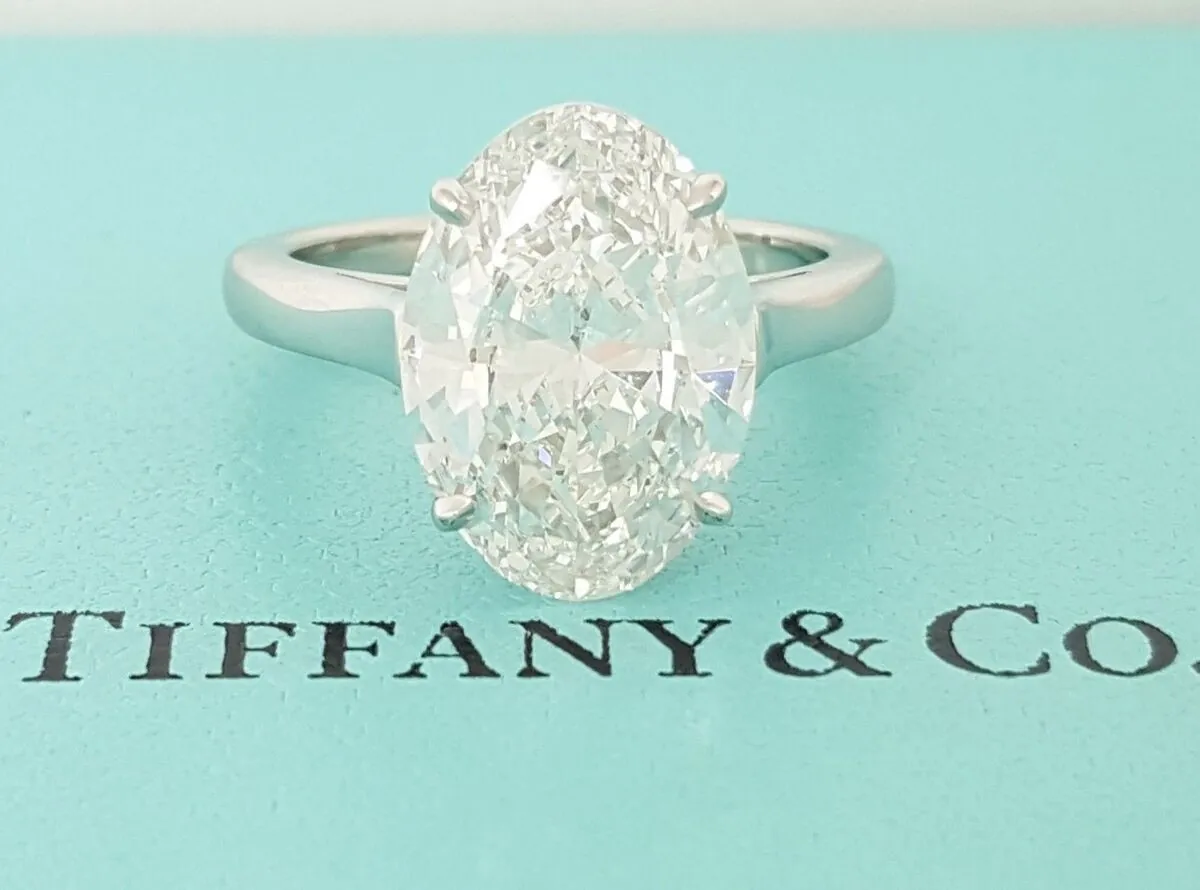Massachusetts Court Weighs Modernizing Engagement Ring Law
Massachusetts' highest court considers updating its approach to engagement ring disputes, potentially moving away from fault-based decisions to align with modern relationship dynamics and legal trends.

The Massachusetts Supreme Judicial Court is contemplating a significant update to its legal approach regarding engagement ring ownership following broken engagements. This reconsideration comes as the court examines a case involving a $70,000 Tiffany & Co. ring, highlighting the need for modernization in handling such disputes.
The current Massachusetts law, established in 1959, requires courts to determine fault when deciding who retains possession of an engagement ring after a broken engagement. However, this approach is increasingly viewed as outdated, with Justice Scott Kafker describing it as "old-fashioned and kind of silly."
Most states have transitioned to a no-fault approach, aligning with the rise of no-fault divorce laws. This shift reflects a broader trend in legal perspectives on relationship disputes and engagement gifts. The concept of engagement rings has a rich history, dating back to ancient Rome, with the first known diamond engagement ring given in 1477 by Archduke Maximilian of Austria to Mary of Burgundy.
The case before the court involves Bruce Johnson and Caroline Settino. Johnson terminated their engagement in 2017 after suspecting infidelity, a claim Settino denies. In 2018, Johnson initiated legal proceedings to reclaim the ring. The lower court initially ruled in Settino's favor, but an appeals court reversed the decision.

Lawyers for both parties agree that courts should refrain from delving into the intricacies of relationship breakdowns. Nicholas Rosenberg, representing Settino, argued for adopting a "no-take-backs" approach, similar to Montana's 2002 Supreme Court decision. Conversely, Stephanie Siden, Johnson's attorney, suggested treating the ring as a conditional gift, returnable upon the engagement's end, regardless of fault.
The court's deliberations touch on broader questions about the nature of engagement gifts. Justice Dalila Wendlandt questioned the distinction between rings and other valuable gifts exchanged during engagements. This consideration reflects the evolving nature of engagement traditions, with some couples now opting for alternative symbols like tattoos or shared experiences.
The global context of engagement rings is noteworthy, with the diamond jewelry market valued at over $80 billion. While the average cost of an engagement ring in the US is around $5,500, the ring in this case far exceeds that amount, underscoring the financial significance of these disputes.
As the court weighs its decision, it must consider the changing landscape of relationships and legal perspectives. The outcome of this case could set a new precedent for Massachusetts, potentially aligning the state with the majority that have adopted no-fault approaches to engagement ring disputes.
"A gift is a gift."
This case exemplifies the challenges courts face in balancing traditional legal concepts with modern relationship dynamics. As engagement practices evolve, with some cultures exchanging watches or other items instead of rings, the legal system must adapt to reflect these changes while ensuring fair outcomes in property disputes.


































